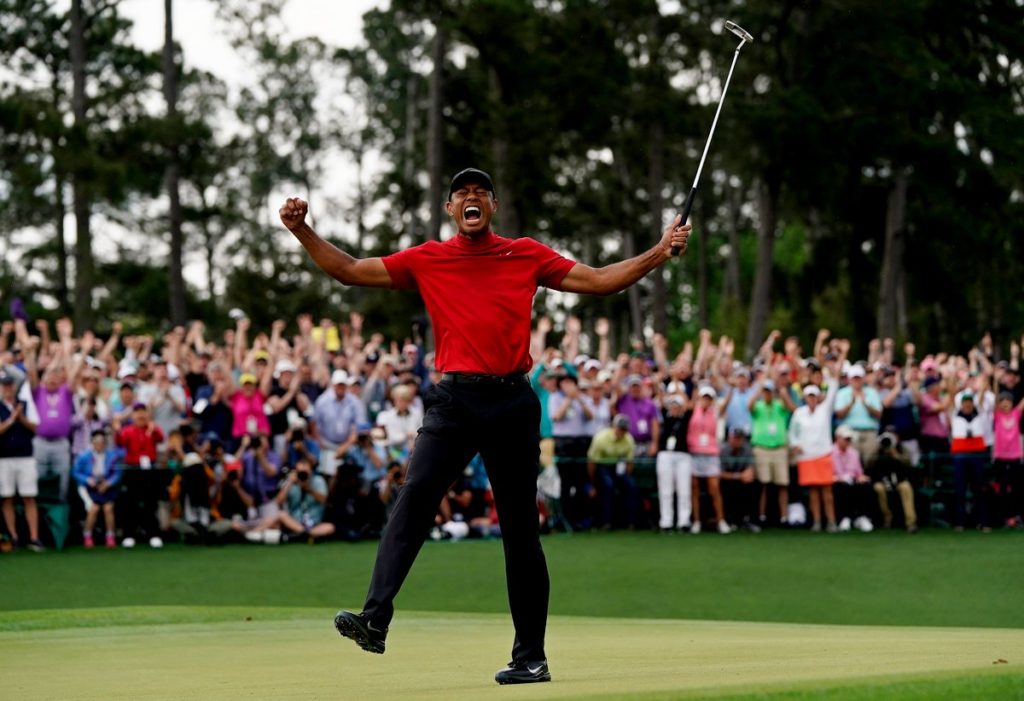Netflix recently began streaming The Game Changers, a documentary championing the benefits of plant-based eating for athletes.
The film follows a handful of elite sportsmen and women, focusing on their improved performance, recovery and strength metrics since shelving meat products. Cameos from Novak Djokovic, Arnold Schwarzenegger and Lewis Hamilton drive home a telling message – those following a plant-based diet are consistently more energised and perform to a higher personal level.
Now, for professional golfers who seek an edge in a saturated field, the evolution of nutritional tenets and their media portrayal could unlock that missing major ingredient. After all, since Tiger Woods set a new bar for athleticism, players’ diets, gym routines and recovery work are now part and parcel of what it takes to succeed at the top.
By undertaking a sustained period of clean eating, those behind The Game Changers’ message tell us that we can boost our energy, elevate our mood and improve sleep. James Wilks, the film’s central figure and presenter, highlights how plant-based diet changes sped up his recovery from combat injuries and provided a springboard for his energy and endurance in the ring.
With golf comprising straining psychological challenges in addition to its physical rigours, all professionals should crave a boost in their energy reserves and want to recover more effectively post-round.
Speaking to the PGA in 2017, Cameron Tringale summed up his recently revised approach to plant-based nutrition.
“I’m more particular about what I’m eating now, and how I feel,” he said.
“It’s hard to quantify. Maybe by eating this way, Tom Brady only goes from 94 percent to 98 percent efficiency. Is that what makes the difference? You can’t really know, but in situations like we had when we played 36 holes in one day [at a rain-delayed Genesis Open], your body’s going to start breaking down if you’re not eating right.”
Certainly, a minor increase in mood and energy can make the world of difference out on the course.
Consider the Turkish Airlines Open won by Tyrell Hatton earlier this month. The tournament hinged on a six-man playoff, which required four extra holes and finished under floodlights late on the Sunday. The reward for Hatton’s longevity? 1.5 million euro more than his five rivals.
Additional proponents of a majority plant-based diet include Adam Scott, Ben Crane and Justin Leonard.
Scott, winner of The Masters in 2013, is increasingly aware of how his body performs and reacts as he heads towards the age of 40.
Speaking of his recovery process, he said: “I’m at an age where I need to be mindful of my eating, and all the inflammatories that I put in my body.
“I avoid anything processed. And I eat a lot less at dinner these days. Going to bed without a big lump of anything in your body is good for you. I can even skip dinner if I snack in the afternoon, and wake up feeling far, far better for an early tee time.”
Should golfers suffer delays to their rounds following inclement weather, they will often need to set their alarms for an ungodly hour the following morning.
The recovery benefits of a good night’s sleep are invaluable, and this is another crucial margin in which the savviest pros look to gain a leg up.
Will we see more plant-based athletes on Tour in the coming years?
It’s certainly likely, and this slick, James Cameron-produced documentary could well be a game changer in and of itself.
In the meantime, it is worth keeping an eye on the increasing popularity of Canabidiol (CBD), a compound championed by several pro golfers for its healing properties.
